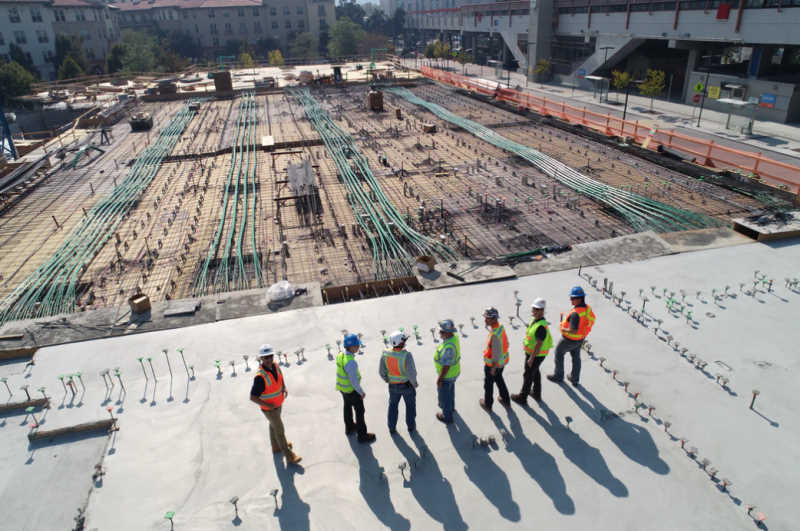Everyone knows construction projects can be challenging to manage, and building something new can take long. That's why it's essential to have some tools to help you stay on top of the situation and ensure the project is finished on time and within an acceptable budget. This article goes over different construction project management software for different types of projects.
Construction project management tools
1. Scheduling software: For those who work in any trade or field that requires completing tasks over an agreed period, scheduling software can help keep track of deadlines and ensure both workers and managers know when things will be getting done.
2. Launching software: This is an excellent tool to use when you need to discover what products your target audience wants, as well as what areas of the business they are most interested in. It can be used on any project, from construction to marketing and sales.
3. Project management software: This is software that is used specifically for managing a project. It comes with tools designed specifically for specific industries. It can help you accomplish everything you need, from planning schedules to budgeting costs and figuring out how much money you will need to complete your project.
4. Job costing software: This can be helpful when you want to keep track of the money spent by different teams within a project. It isn't a tool that is used often, but it does have its uses.
5. Budgeting software: Once again, this software is handy for planning budgets and keeping an eye on how much money your project is making or losing. It helps you break up the process into smaller parts and take advantage of more than one program at once, making things easier for those working on more significant projects.
6. Bidding software: This is also budgeting software, but it helps show bidding prices. By putting bids into this software, you can have all the proposals involved in the project in one place, making it easier to track who is going over budget and who isn't.
7. Procurement software: This tool has an extensive database of millions of companies in the same field that you need to buy from. This way, you can ensure that you get precisely what you need at a fair price before purchasing anything, so your project will be more efficient.
8. Delivery management software: You can use this type of software to help manage your deliveries and ensure that the information you need to track all of your deliveries is available.
9. Product management software: This is a tool to help people discover what products are popular with consumers, as well as helping you decide on where you should be spending your money. It saves a ton of money by allowing companies to get exactly the items they want but still gives them options to make sound business decisions.
10. Sales and marketing management software: This is a must-have tool for sure. It helps businesses such as yours figure out what products you should be selling, how much you will need to spend on advertising, and what items you should be selling on your website.
Factors to consider while choosing a construction management system.
1. Cost considerations: Even if you have a big budget for the software and hardware costs, it is still essential to consider some cost-cutting measures when choosing the right solution for your company.
2. Project and resource management: Suppose you are planning to manage a large project with multiple resources. In that case, you need to ensure that the construction management software allows users to create specific workflows for each project phase.
3. Quality assurance tools: A suitable construction management system will help you manage every aspect of the project from start to finish. That's why it should offer users a suite of quality assurance tools to track the performance of every resource involved in the project.
4. Reporting tools: A suitable construction project management system should offer users a wide variety of reports. These reports help in assessing the project's performance and offer suggestions about how to improve upon it.
5. Integration with third parties: A suitable construction management system should have a robust design to link to all the relevant third-party software.
6. Agility: The project management software should enable users to manage projects by dividing them into small parts, which can be further developed accordingly to achieve desired results.
Conclusion
There are other technologies for use by construction companies like collaboration tools, mobile solutions, web-based tools, etc. The choice of software depends on the type of industry, specific needs, and the company's policy regarding the implementation and use of different technologies.
Choosing the best software for construction projects is vital as it can help increase efficiency, reduce costs, and improve project management.
